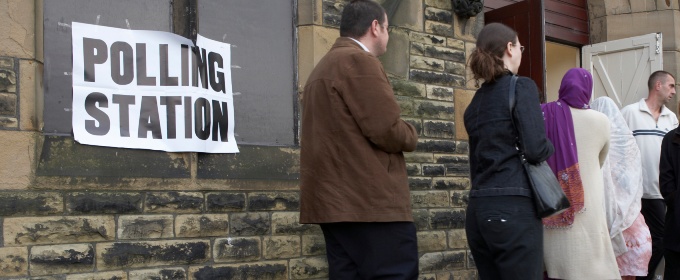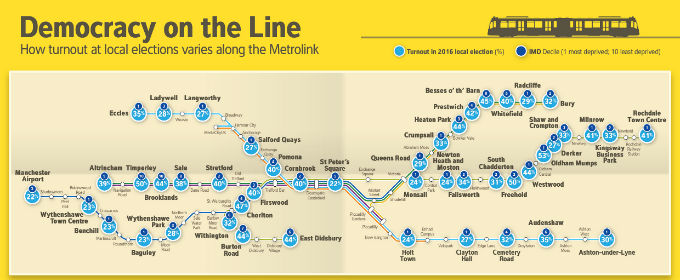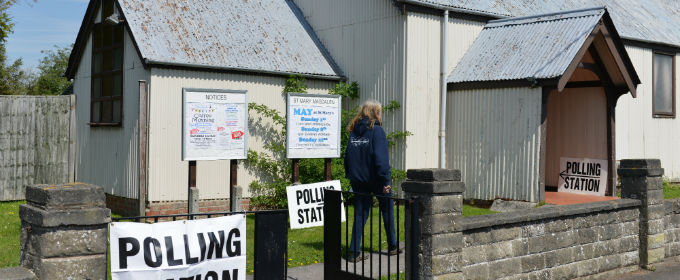Developments in local governance and devolution over the past decade have provided new opportunities to tackle policy problems from a place-based angle. Innovations to strengthen participation can ensure more people participate in policymaking to help mitigate issues such as structural inequalities which affect them first hand. In this article, from our Power in Place publication, […]








